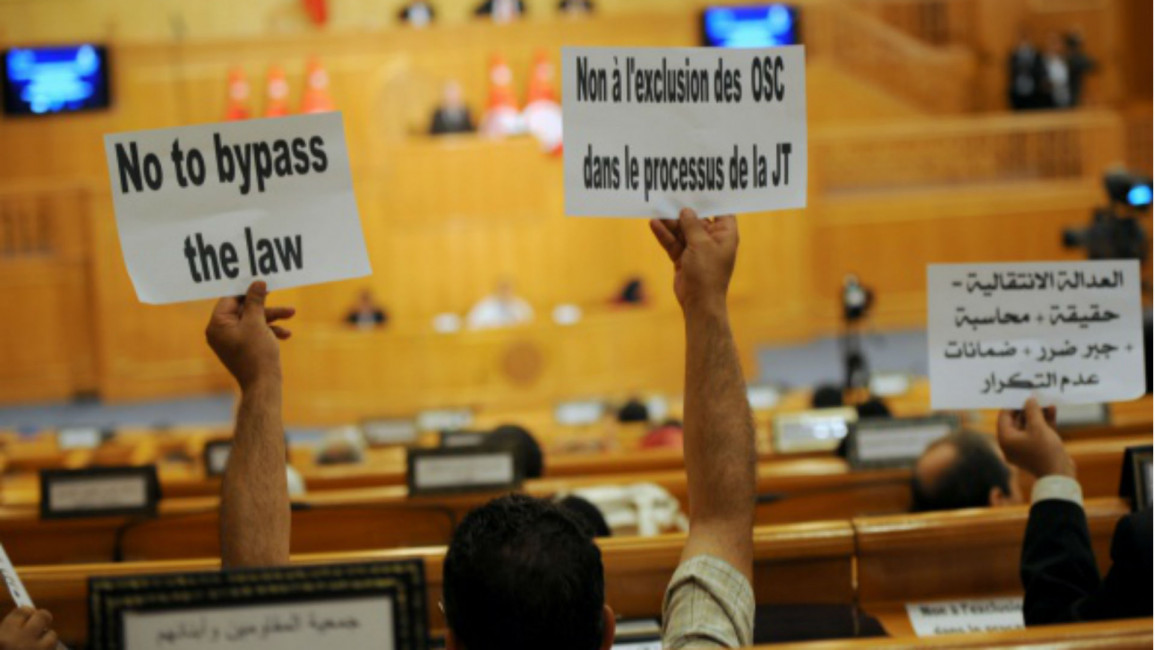Tunisia blogger remains locked up after 'defaming army'
A Tunisian military court on Tuesday rejected a blogger's plea for bail as he appealed against a three-year jail sentence. He has been imprisoned for "defaming the army", in a case that has alarmed rights campaigners.
Yassine Ayari was convicted in November in absentia after allegedly accusing military officers and senior defence ministry officials of financial abuse.
The 33-year-old was arrested on December 25, on his return from France.
The indictment against the Paris-based blogger - prepared by a military judge - was based on Facebook posts dating from August and September 2014.
Criticism
In recent months, Ayari has also published blogs critical of the Nidaa Tounes party, which won Tunisia's first-post revolution parliamentary elections in October.
His lawyer, Sami Ben Amor, described the charges as "political".
The New York-based Human Rights Watch has described his conviction as "not worthy of the new Tunisia".
Ayari was convicted under Article 91 of the Tunisian code of military justice, which authorises the imprisonment of anyone "who commits... outrages against the flag or the army, offences against the dignity, reputation or morale of the army, or acts to undermine military discipline, obedience and due respect to superiors or criticises the action of the military hierarchy or the military officers, offending their dignity".
| In a single day, Tunisia's military court [jailed] a union leader and a blogger... even though neither was present. - Eric Goldstein, Human Rights Watch |
'Success story'
Legal experts say the clause is a violation of international law. Military tribunals should not have jurisdiction over civilians.
Tunisia has been hailed by the international community as the success story of the Arab Spring. It is a country said to be pioneering the process of transition from Arab dictatorship to modern liberal democracy.
However, Ayari's case is not the first to cast doubt on Tunisia's democratic transition process.
Sahbi Jouini, a police trade union official, was sentenced on the same day in November by the same military tribunal to two years in prison.
His crime was to accuse officials of failing to act on intelligence received about an attack that killed 16 soldiers and wounded another 23 in the Chaambi Mountains, close to the Algerian border, in July 2014.
'Violations'
"In a single day, Tunisia's military court imposed prison sentences on a union leader and a blogger for speech offences, even though neither was present for his trial," said Eric Goldstein, deputy Middle East and North Africa director at Human Rights Watch.
These sentences, described as human rights violations, come despite the fact that freedom of expression and speech are enshrined in the new Tunisian constitution.
The court scheduled the next hearing for Yassine Ayari for January 20.



